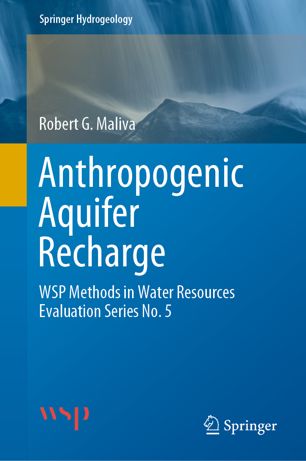

Most ebook files are in PDF format, so you can easily read them using various software such as Foxit Reader or directly on the Google Chrome browser.
Some ebook files are released by publishers in other formats such as .awz, .mobi, .epub, .fb2, etc. You may need to install specific software to read these formats on mobile/PC, such as Calibre.
Please read the tutorial at this link: https://ebookbell.com/faq
We offer FREE conversion to the popular formats you request; however, this may take some time. Therefore, right after payment, please email us, and we will try to provide the service as quickly as possible.
For some exceptional file formats or broken links (if any), please refrain from opening any disputes. Instead, email us first, and we will try to assist within a maximum of 6 hours.
EbookBell Team

4.1
60 reviewsThe book is an overview of the diversity of anthropogenic aquifer recharge (AAR) techniques that use aquifers to store and treat water. It focusses on the processes and the hydrogeological and geochemical factors that affect their performance. This book is written from an applied perspective with a focus of taking advantage of global historical experiences, both positive and negative, as a guide to future implementation. Most AAR techniques are now mature technologies in that they have been employed for some time, their scientific background is well understood, and their initial operational challenges and associated solutions have been identified. However, opportunities exist for improved implementation and some recently employed and potential future innovations are presented. AAR which includes managed aquifer recharge (MAR) is a very important area of water resources management and there is no recent books that specifically and comprehensively addresses the subject.